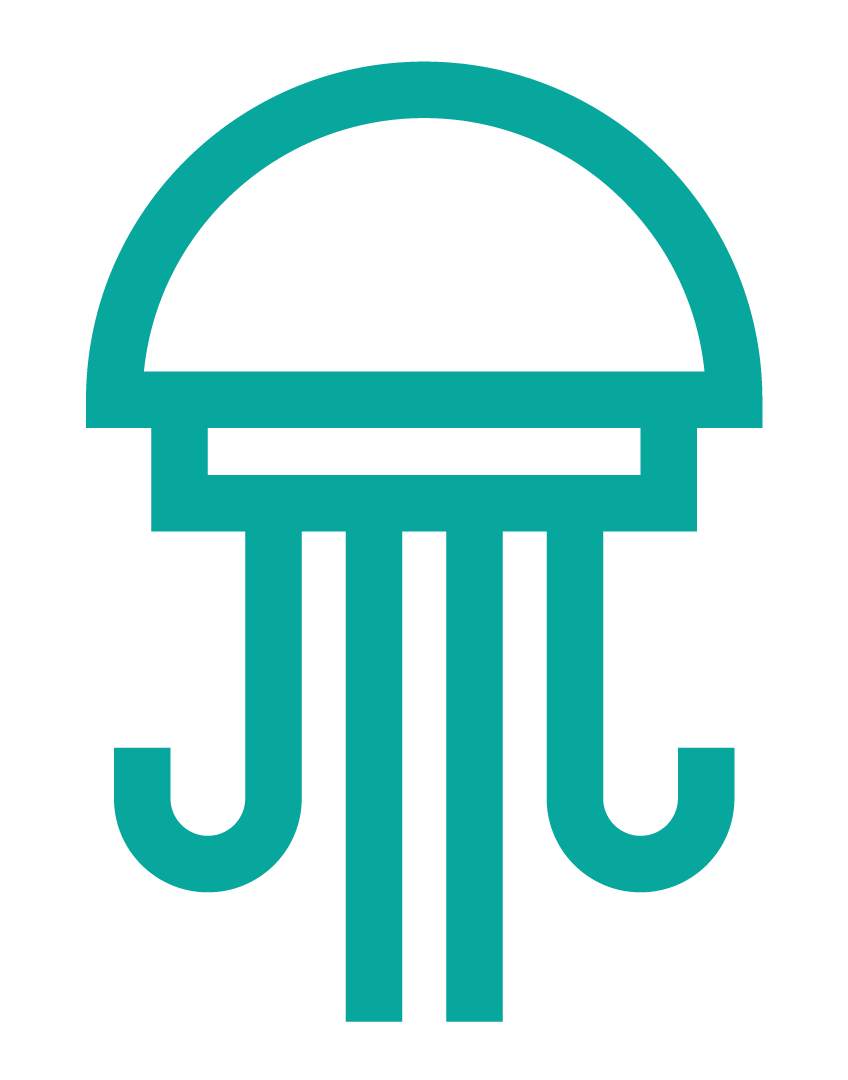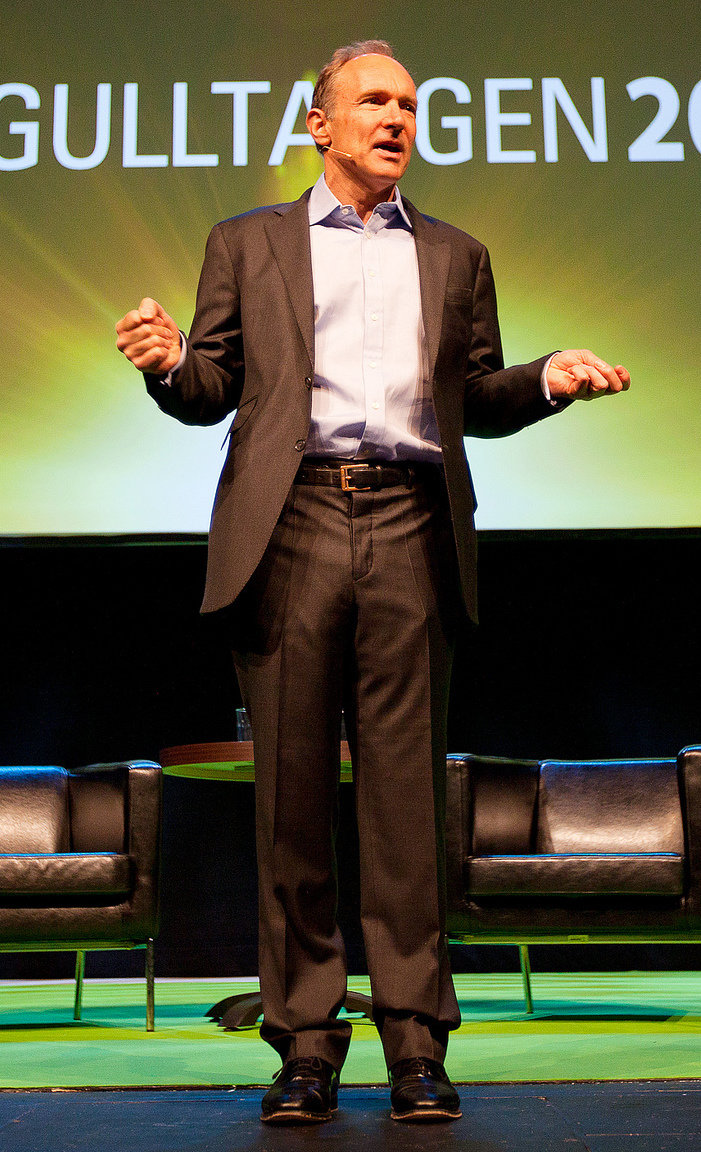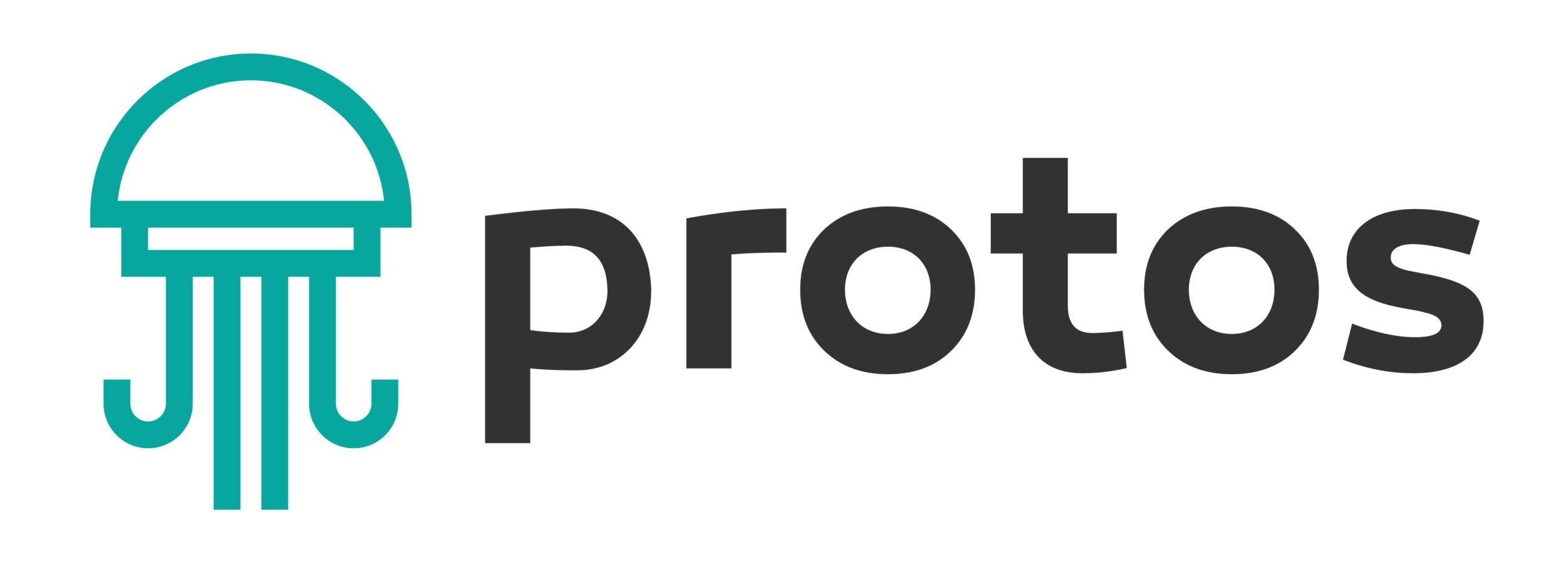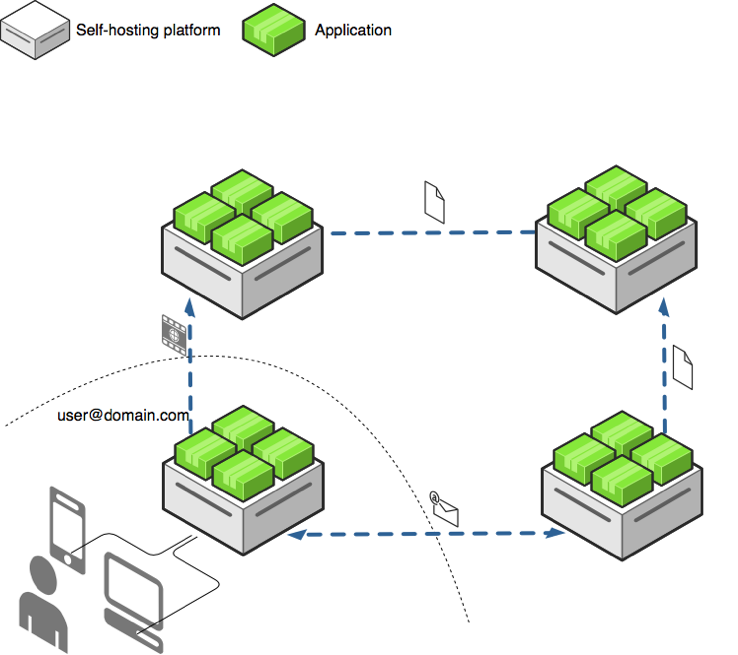Protos

The personal cloud operating system
Sir Tim Berners-Lee
(WWW creator)
“The web has evolved into an engine of inequity and division; swayed by powerful forces who use it for their own agendas, ... Today, I believe we’ve reached a critical tipping point, and that powerful change for the better is possible — and necessary.”

The problems
- The rise of "surveillance capitalism"
- The shattered digital self and the walled gardens
- The weakness of centralised Internet services in the face for censorship
Internet centralisation has led to several problems that negatively affect usability and privacy:

1. The rise of "surveillance capitalism"
- The internet is dominated by a handful of large operators that have come to rely on monetising data, a business model in which the user is the product, instead of the customer.
- This has led to misaligned incentives between the users and the service providers, where data is sold to the highest bidder, with various side effects such as: data leaks, "Cambridge Analytica" style personality targeting, attention hijacking, etc.

2. The shattered digital self and walled gardens
- Digital identities are not owned by people but by companies (Facebook, Google, etc.)
- Users have to create a new account for every service or web application they use
- Users are locked in walled gardens, where their data and/or social graph resides, with few options to migrate out or switch without losing that data. This leads to a decrease in the velocity of innovation and sub-optimal user experience

3. The weakness of centralised Internet services in the face for censorship
- Centralised Internet services are a honeypot for repressive forces (e.g. China and WeChat, Saudi Arabia and WhatsApp, etc.)
- Centralised Internet services get to decide for large swaths of people what constitutes acceptable content or not, and have too much power vis-a-vis the concept of "de-platforming"

Protos
is a personal cloud operating system that enables people and organisations to self-host Internet applications and own their digital identities


Mission
Decentralise the internet and make computing personal again. Become the Kubernetes of individuals and small organisations.


Self-sovereign identity and self-hosting model
-
users own their digital identity (domain name and cryptographic key)
-
applications are installed on the Protos self-hosting platform from the app store, similarly to how the iOS or Android app stores work
-
Protos runs on a rented cloud server (AWS, DigitalOcean etc) or on an "always on" computer connected to the Internet
-
application data is always private, unless the user decides to share it with the outside world
-
users can easily migrate their Protos instance together with their data, to any server provider or computer they prefer

Competitive advantages
- mobile and desktop application which make Protos appealing to non-technical people
- ability to run existing applications with minor changes
- censorship resistant cryptographic identity
- built on the same foundations and technologies that power Kubernetes and Docker, products that have huge developer mindshare
- once a user is created on the Protos platform, it can use all installed applications without having to create a new user for each application

Development progress
- alpha version of the Protos platform is done - ongoing effort to reach beta level
- basic app store is working - identity and monetisation still needs to be implemented
- cryptographic identity - research has been started but no implementation done yet
- no work has been done on the desktop and mobile applications

Planned revenue streams
- app store revenue sharing with developers and other support services sold through the app store
- licensing fees for organisations of 5 or more users
- affiliate revenue from cloud providers that get included in the Protos desktop and mobile applications
- sales of consumer and business targeted hardware that runs Protos (e.g. small computer that individuals or businesses can run at their house or office)

Challenges
- software ease of use - in order to make Protos into a mass market appeal, it has to be very easy to use, and that is technically challenging, but possible.
- users have been accustomed to not pay for the online services they use
- the market for self-hosting platforms is currently small but, with ease of use this has the potential to change completely, in the same way that the iPhone created a new market for pocket computers

Direct competitors

Similar products that are successful and can indicate potential market demand (1)
- similar to Protos in that it simplifies application delivery to cloud providers, by using pre-packaged applications
- different from Protos because it does not put emphasis on self-sovereign identity and data ownership
- different from Protos because it does not target individuals, but mostly organisations

Similar products that are successful and can indicate potential market demand (2)
- similar to Protos in that it simplifies application delivery to cloud providers, by using pre-packaged applications
- different from Protos because it's a solution for infrastructure at scale. In contrast, Protos is aimed at small organisations that have more modest needs (the long tail of SMEs)
- different from Protos because it does not offer a solution to the digital identity problem

Similar products that are successful and can indicate potential market demand (3)
- similar to Protos in that it helps individuals and organisations take control of their data
- different from Protos because it is mostly focused on data storage and the ability to run other applications is limited
- different from Protos because it only offers a partial solution to the digital identity problem (domain name based identity)

End

Protos pitch
By alex giurgiu
Protos pitch
- 705


